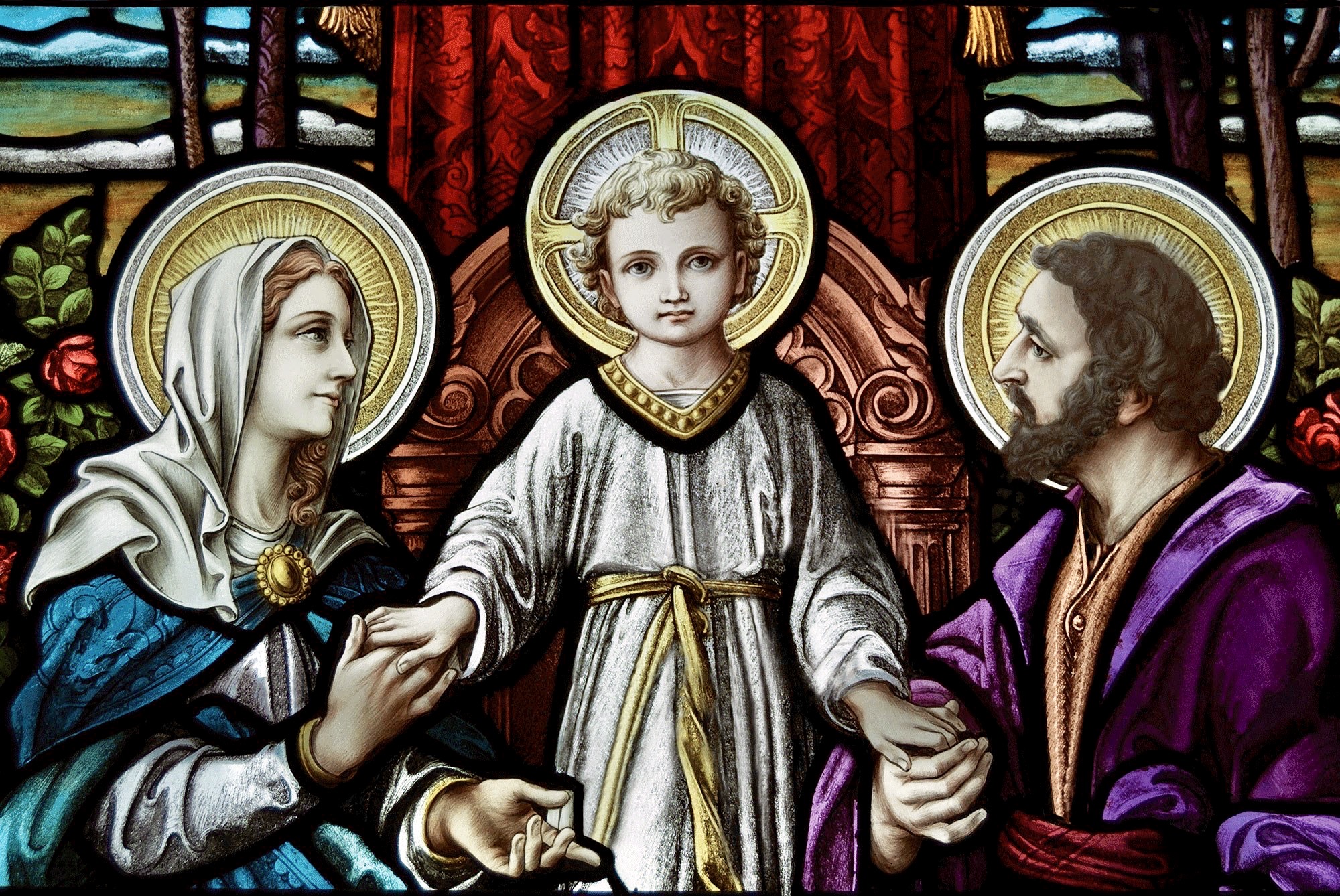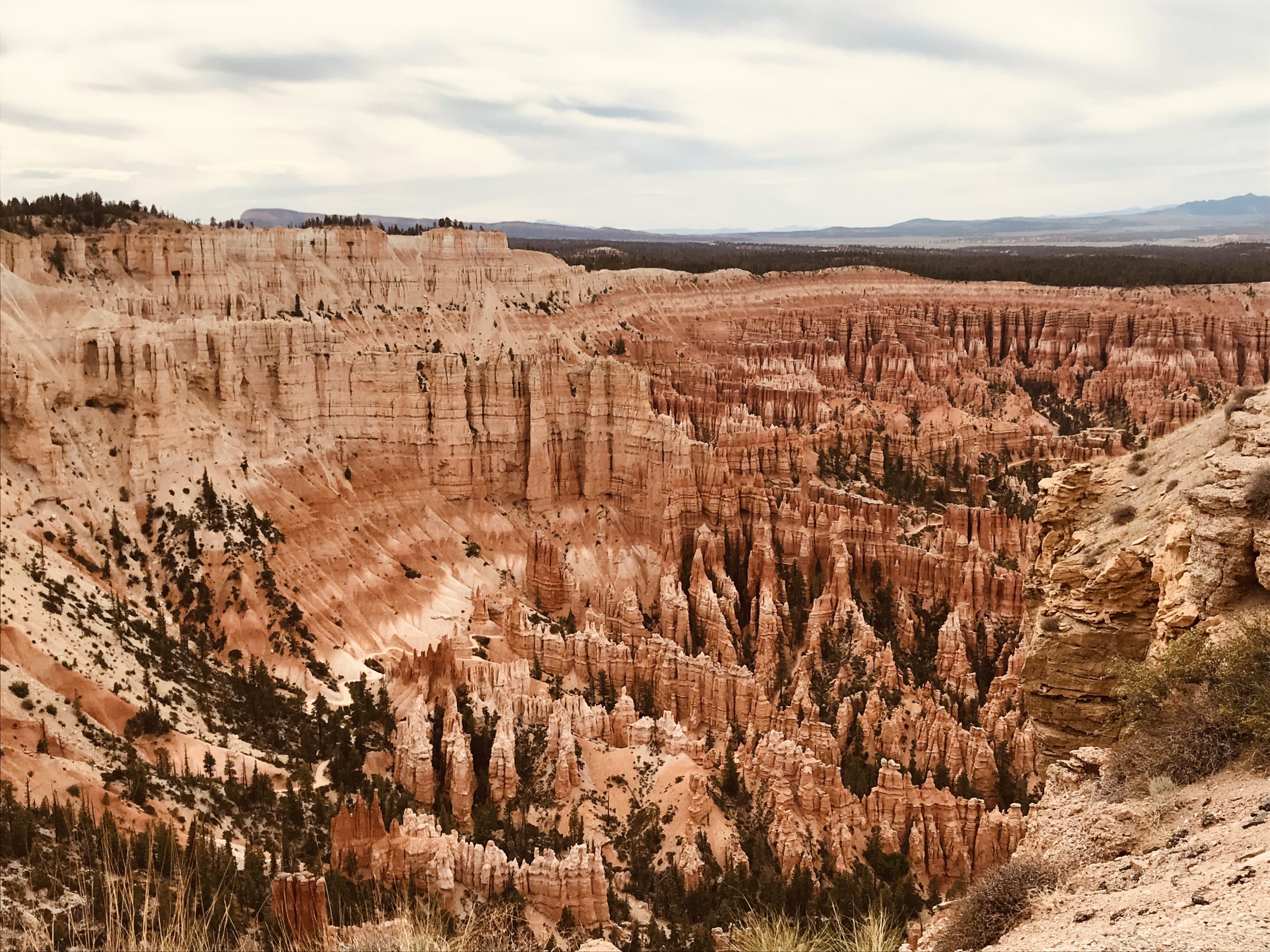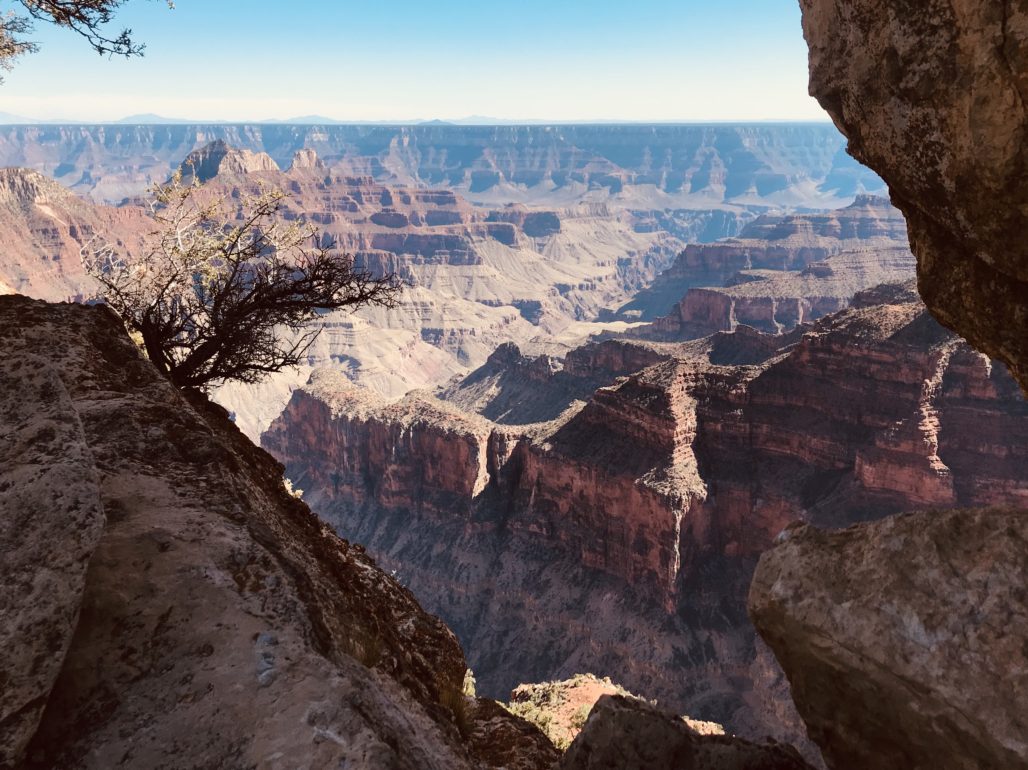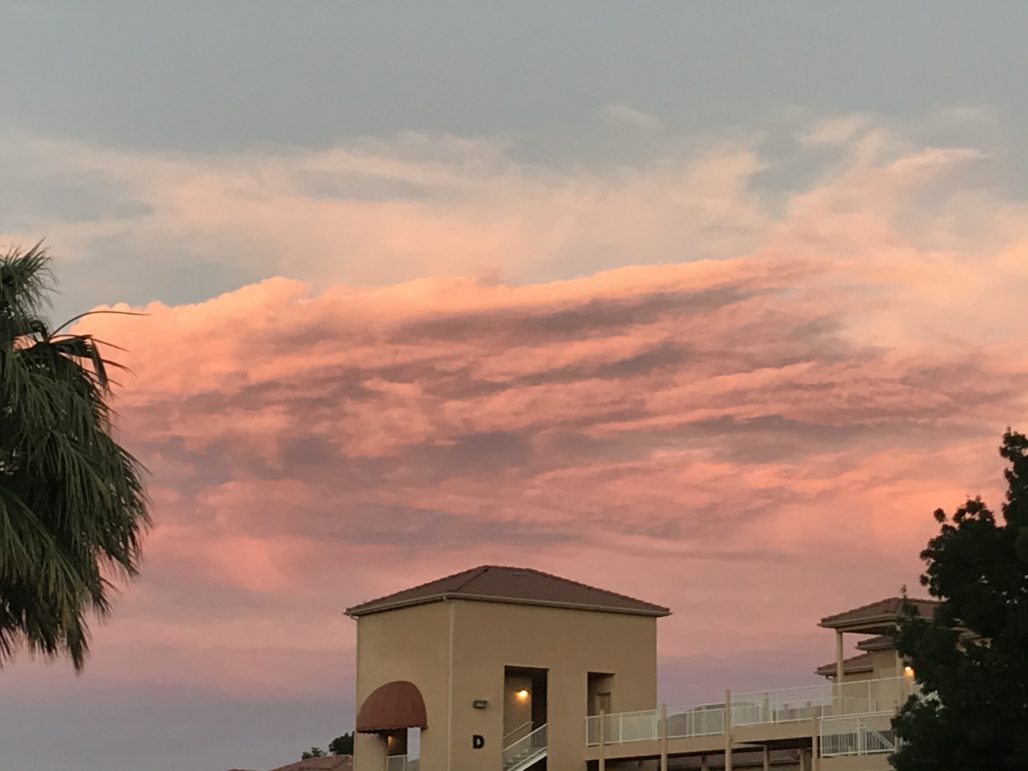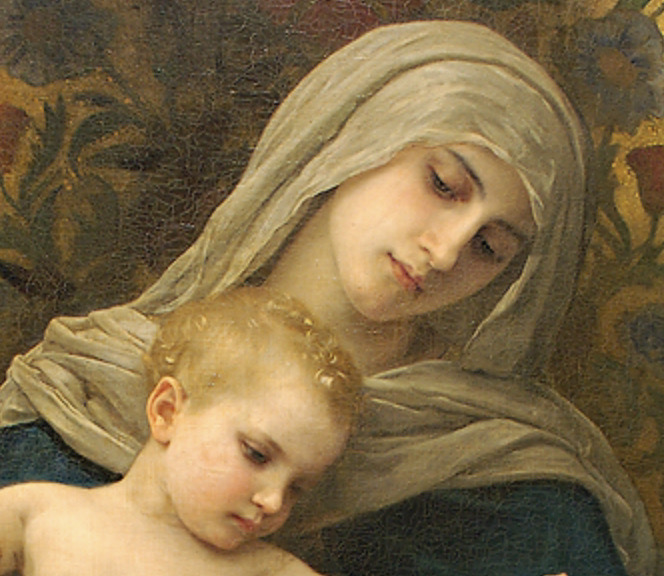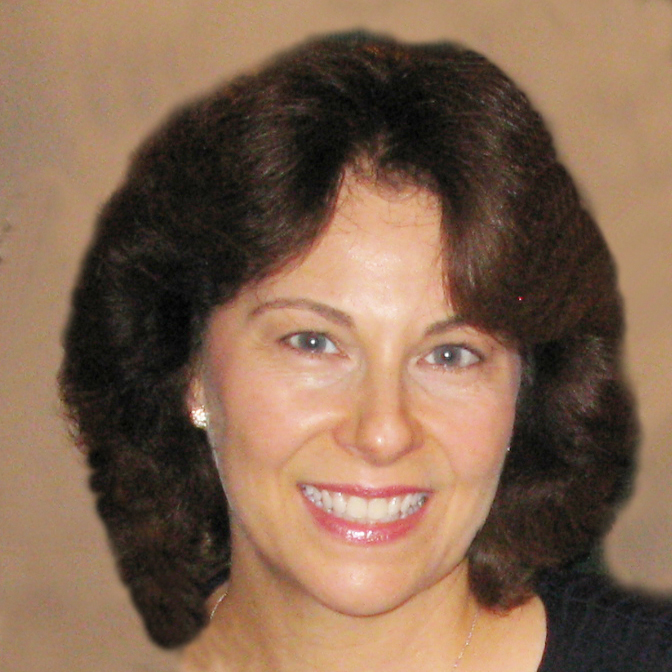Finding Jesus
Many parents have experienced the momentary loss of a child in a public place. The utter terror turns to complete relief when the child is found. I can only imagine the anxiety that Mary and Joseph felt when they lost Jesus, not for a few minutes, but for three days.
This experience was a foreshadowing of Jesus’s death and three day entombment before His resurrection. For St. Joseph it was a deeply mystical experience. From the time they brought Him to the temple when He was eight days old, Joseph and Mary knew very clearly what the scriptures had foretold of the suffering Jesus would endure to redeem the world. Both St. Joseph and Blessed Mother carried this sorrow in their hearts. For St. Joseph, though, he was profoundly grieved that he would not be there to comfort his beloved spouse or his Jesus when the time came. During this time of sorrow and searching, St. Joseph suffered what Mary would experience at the foot of the cross and the tomb. He not only offered up his suffering to God, but also comforted Mary in Her sorrow during their search.
When they find Him, He says to His Mother, “How is it that you sought Me? Did you not know that I must be in my Father’s house?” (Lk 2:49) Although Mary did not anticipate this answer, She kept it in Her heart. Through prayer and meditation over time She came to understand the purpose of Her suffering in this way. Our Blessed Mother understands what it is like to suffer the loss of Jesus and has compassion for sinners who have lost their way. Sometimes people move so far from the path of light that they grope in the darkness and end up searching in all the wrong places. So many of Her confused children turn to worldly things to fill that aching void that only God can fill. Some pursue power, money, prestige, sex, or drugs all in the attempt to fill that void. Our Mother of Mercy continually prays for these children, always loving them and never giving up on them. She never judges, only invites everyone to come to Her Son. Just as She joyously embraced Our Lord when She found Him in the temple, She joyously embraces us when we choose to follow Jesus. When we pray the Rosary and meditate on the life of Christ, it is Her hand that we hold. She offers us Her hand today to guide us through these troubling times. Don’t let go. She knows the path to Jesus and will lead us to Him.

